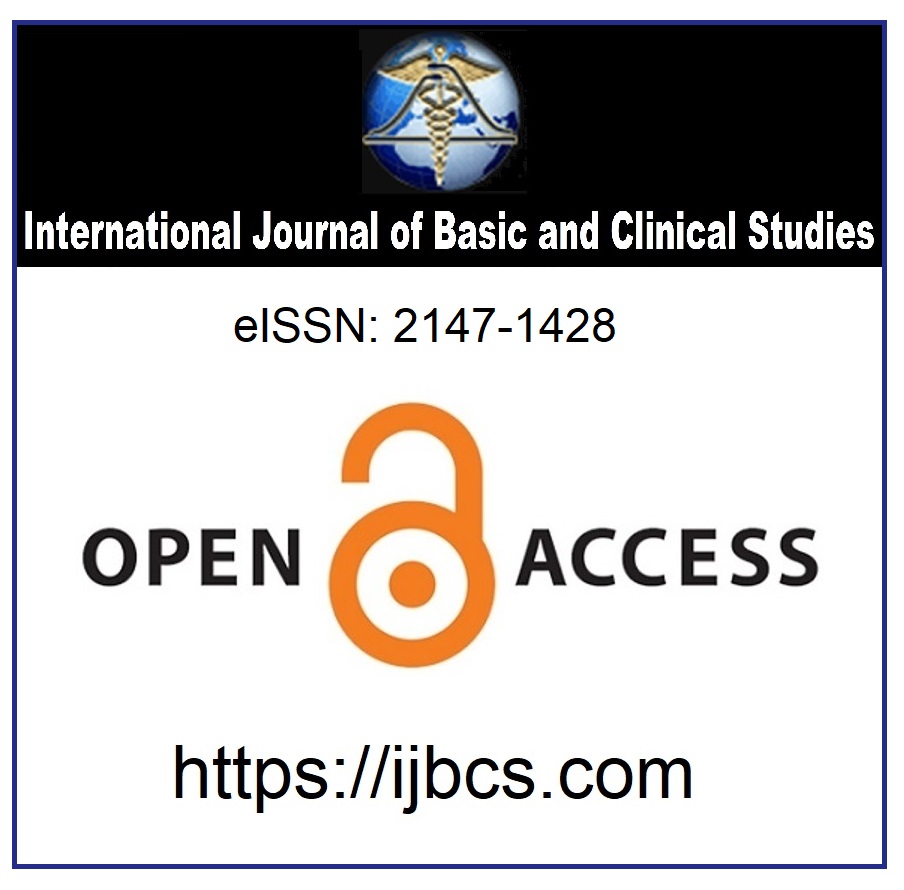Overview of Motivation Theories Regarding the Field of Education
Keywords:
Education, Motivation, TheoryAbstract
Motivation is an essential driver for student success. The main theories that increase students' motivation are Self-Determination Theory, Social Learning Theory, Goal Orientation Theory, Expectation-Value Theory, Attribution Theory. Self-determination theory has an impact on health education. Researchers have emphasized the importance of social learning theory in nursing and medical education. Self-efficacy, one of the subheadings of social learning theory, is one of the essential concepts emphasized in education studies. On the other hand, the goal orientation theory tries to explain the students' reactions to the problems they encounter in the learning process. According to the Expectation-Value Theory, the value given to the goals and the expectation created to achieve the goal affect the motivation equally. Causality Attribution Theory deals with the causes of success and failure. In this review, the most fundamental theories about motivation in education are examined.
Downloads
Published
How to Cite
Issue
Section
License
Copyright (c) 2022 by the Authors

This work is licensed under a Creative Commons Attribution 4.0 International License.



